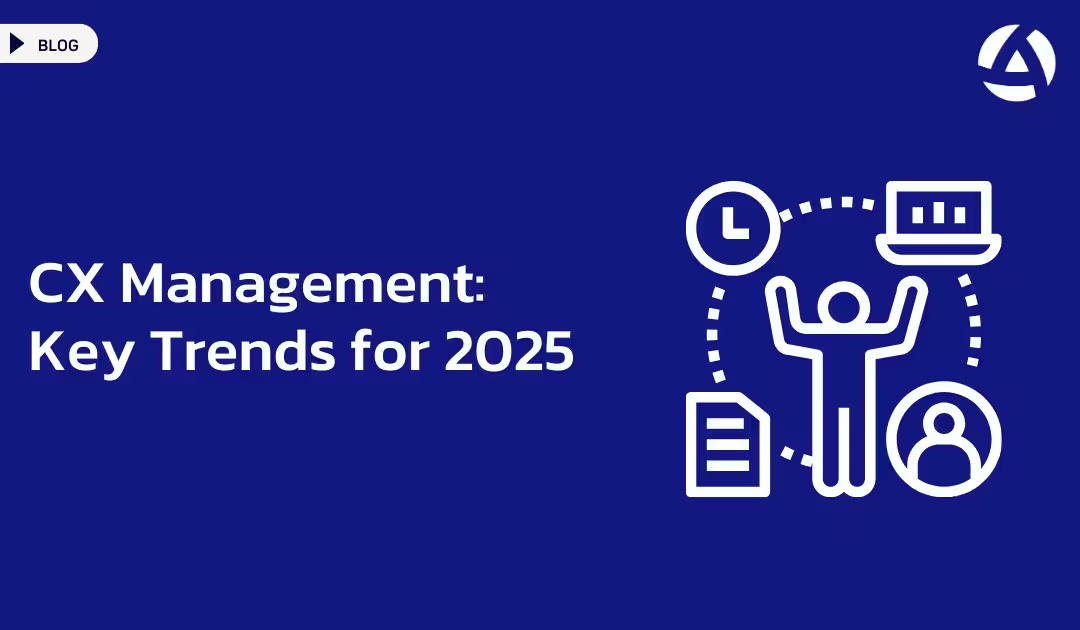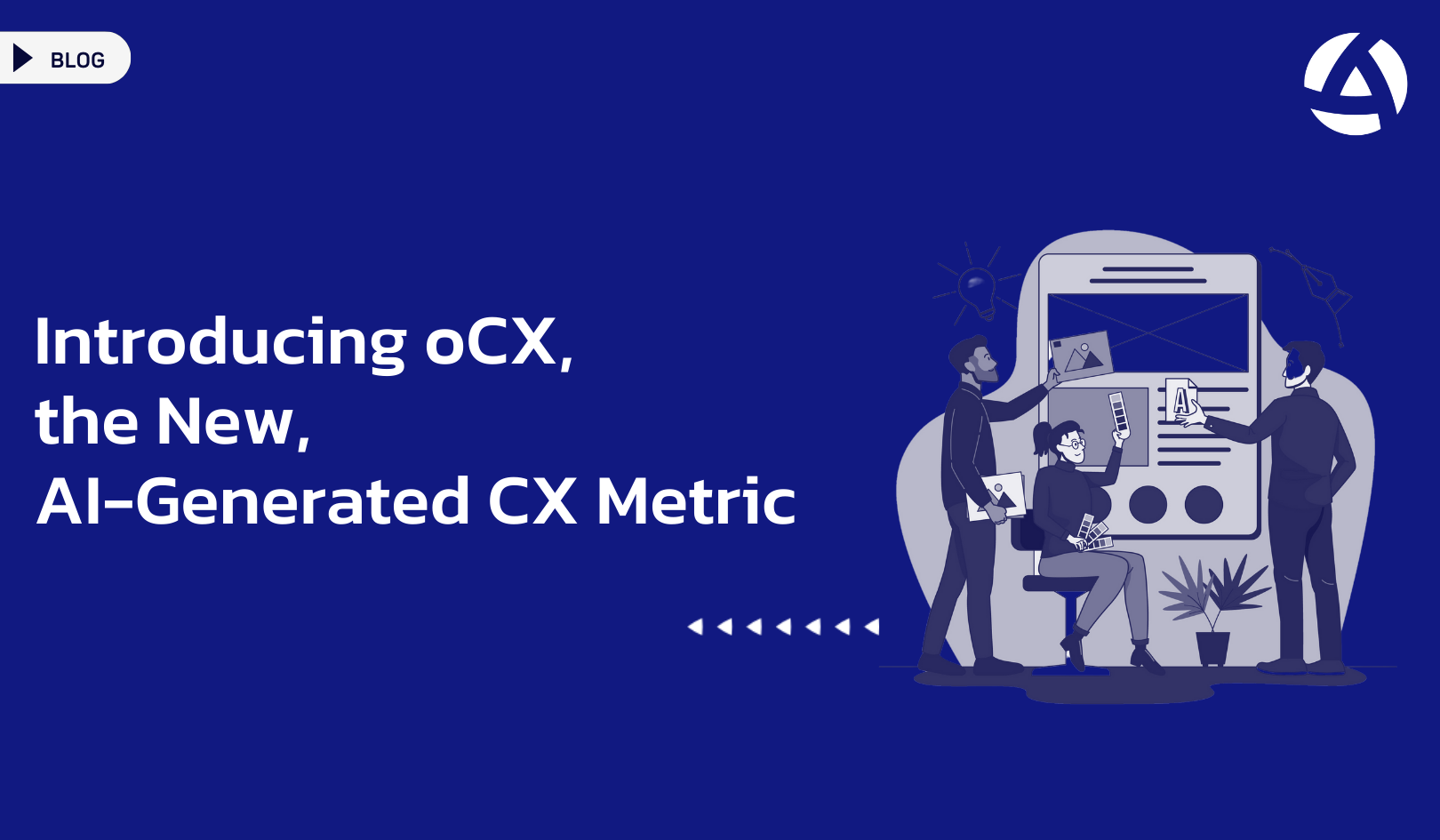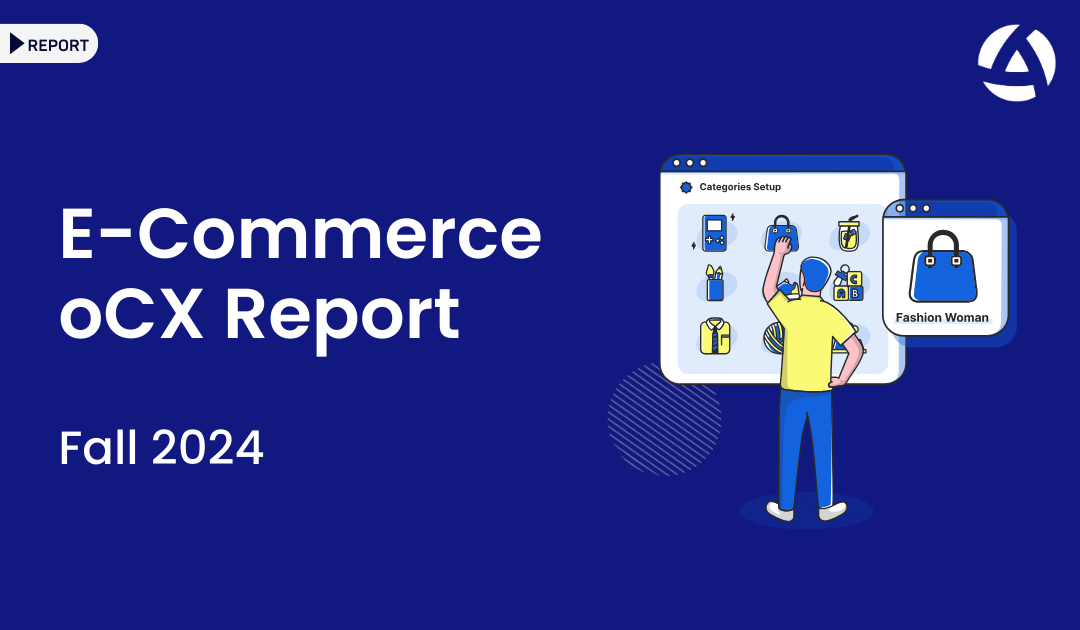As customer expectations evolve, Customer Experience Management (CEM) becomes a primary focus for businesses seeking to maintain a competitive edge. In 2025, companies will need to adapt to emerging technologies, changing customer behaviors, and new data sources to deliver superior customer experiences. Here are some key trends that are likely to shape CEM in the near future.
1. Next Phase for Hyper-Personalization
Customers are no longer satisfied with generic interactions. They expect highly personalized experiences across every touchpoint. Hyper-personalization involves:
- Utilizing AI to predict individual customer preferences.
- Offering personalized product recommendations.
- Tailoring marketing messages based on real-time data.
This shift will push companies to invest in technologies that can analyze customer behavior at an individual level and deliver unique, seamless experiences.
The increasing use of AI and automation will drive efficiency in customer service operations. Companies will:
- Implement AI-driven chatbots for 24/7 support.
- Use automation to handle repetitive queries, leaving more complex cases for human agents.
- Create AI-powered systems that learn and adapt based on customer interactions to continuously improve service quality.
This trend will enable businesses to provide fast, accurate support while lowering operational costs.
As genAI successfully automates low-complexity issues, the demand for human agents will continue to shrink. In fact according to Forrester’s 2025 Predictions , GenAI will displace 100,000 frontline agents from the top global outsourcers.
4. Omnichannel Experiences Will Be Standard
By 2025, customers will expect seamless transitions between all interaction channels. Businesses will focus on:
- Ensuring consistent messaging and experiences across websites, mobile apps, social media, and in-store.
- Integrating customer data across platforms so agents can access the same information regardless of the channel.
- Offering customers the freedom to switch between channels without losing context or data.
As customer journeys become more complex, omnichannel strategies will be critical for building long-term loyalty.
5. Data Privacy Will Gain More Attention
Data privacy concerns are increasingly influencing customer experience. In 2025, businesses will need to prioritize customer trust by:
- Implementing transparent data collection practices.
- Allowing customers to manage their data preferences easily.
- Adhering to stricter regulations like GDPR and CCPA.
Maintaining a balance between personalizing customer experiences and safeguarding data will be vital to fostering trust and retaining customers.
6. Predictive Analytics Will Lead Decision-Making
Predictive analytics will play a larger role in decision-making processes, allowing companies to:
- Forecast customer behavior based on historical data.
- Proactively address potential customer issues before they arise.
- Enhance customer satisfaction by anticipating future needs.
With access to more sophisticated tools, businesses will shift from reactive to proactive customer service models.
7. Sustainability as a Customer Experience Factor
More customers are now looking to engage with companies that are environmentally conscious. In 2025, brands that demonstrate commitment to sustainability will stand out. This means:
- Offering eco-friendly products and services.
- Minimizing environmental impact in logistics and supply chains.
- Transparently communicating sustainability efforts to customers.
Brands that align with customer values, including sustainability, will likely enjoy increased loyalty and advocacy.
8. Employee Experience Will Directly Impact Customer Experience
Satisfied employees tend to create happier customers. Companies will need to:
- Invest in employee engagement and training.
- Equip employees with tools that allow them to deliver superior service.
- Foster a positive workplace culture to improve both employee and customer satisfaction.
In 2025, businesses that understand the connection between employee and customer experience will be better positioned for success.
Frequently Asked Questions
Why is omnichannel important in Customer Experience Management?
Omnichannel strategies ensure that customers receive consistent and seamless interactions across all channels. This improves satisfaction by allowing customers to switch between different touchpoints (e.g., mobile, web, in-person) without losing context or information, thereby creating a more cohesive and enjoyable experience.




